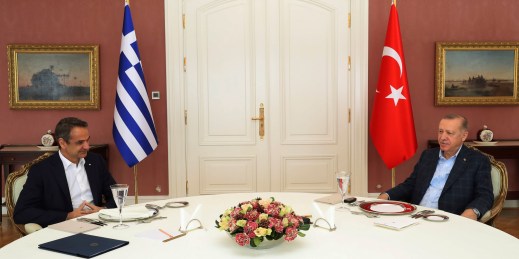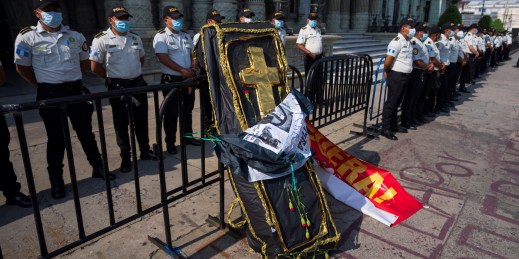Latest Archive
Free Newsletter
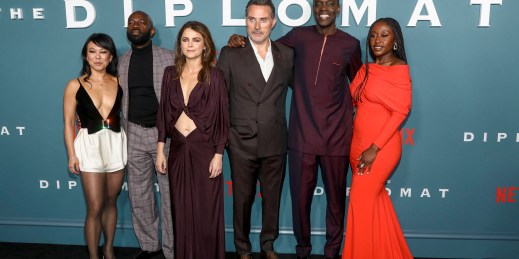
In modeling the foreign policy dynamics depicted in “The Diplomat” on the dynamics of the real world, the popular new Netflix political drama inadvertently ends up doing as much educating as entertaining. That can be a problem for a series that has neither the capacity nor the narrative requirement for nuanced explanations of these issues.
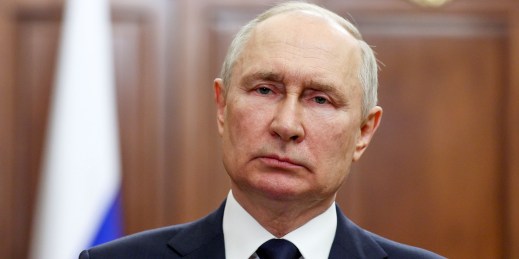
While we are still learning the details of last weekend’s mutiny by Yevgeny Prigozhin’s Wagner Group, there is understandable hope that the chaos in Russia might hasten the end of the war in Ukraine. But it is just as likely, perhaps more so, that the Wagner mutiny created conditions that could actually prolong the war.
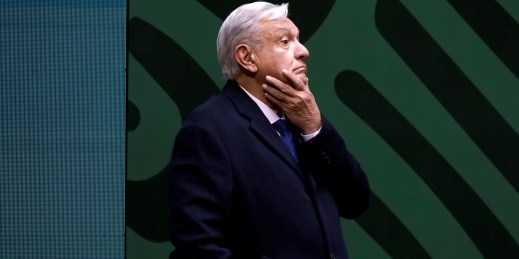
Mexico’s presidential election is still a year away. But the likely winner of the 2024 contest is being chosen now, as President Andres Manuel Lopez Obrador’s Morena party begins choosing its candidate. Morena has become such a juggernaut that there’s only a vanishing chance its rivals will defeat the party’s standard-bearer next year.
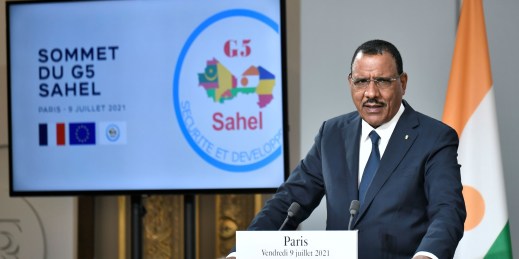
Two factors will have significant implications for the future of France’s military intervention in the Sahel and the region’s fight against violent Islamist extremists: Niger’s emerging role as the linchpin of France’s reconfigured strategy and the diplomatic tensions that have emerged in recent years between Niger and Mali.
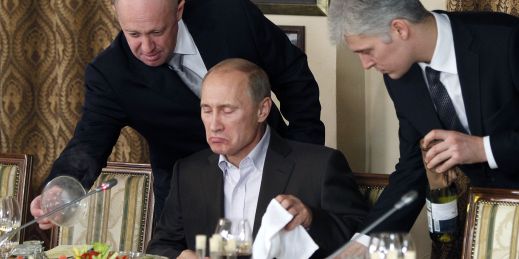
The following is an edited transcript of a June 2019 conversation then-WPR editor Elliot Waldman had with Mark Galeotti about Vladimir Putin’s Russia. The two discussed all things Vladimir Putin: his strengths; his foibles; and whether he’s actually the geostrategic chess master that many Western commentators have made him out to be.
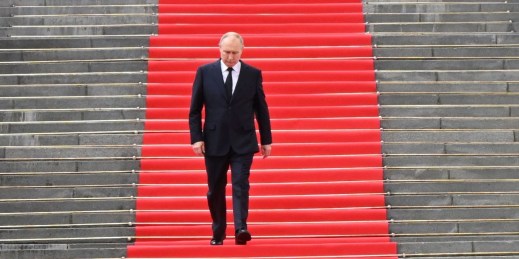
The short-lived Wagner mutiny in Russia last weekend may not demonstrate that President Vladimir Putin’s grip on power has been weakened. But it does demonstrate that the power of the Russian state he is gripping has been weakened and is an indication of how Putin’s regime is stoking dangerous tensions within Russia’s elite.
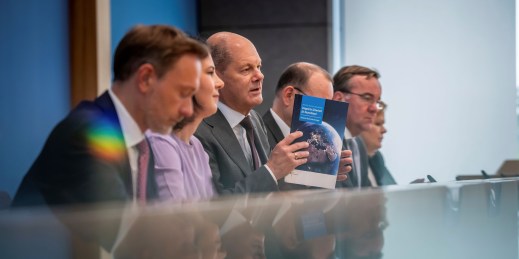
Germany’s recently released National Security Strategy serves as a roadmap for the so-called Zeitenwende, or turning point, in Berlin’s national security posture following Russia’s invasion of Ukraine. But the painstaking effort that went into preparing it brought to light the challenges Germany faces in developing a “strategic culture.”
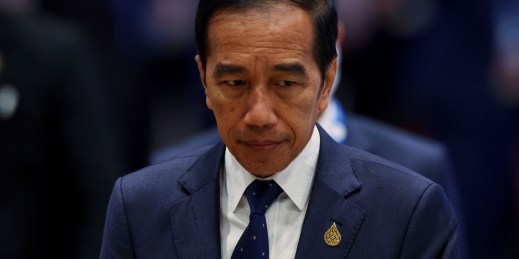
Unable to run in next year’s election due to the constitutional two-term limit, Indonesian President Joko Widodo will leave behind a complex legacy. Jokowi took office as a scrappy outsider to national politics pledging progressive reform. He leaves as an entrenched insider who rarely delivered on those initial promises.
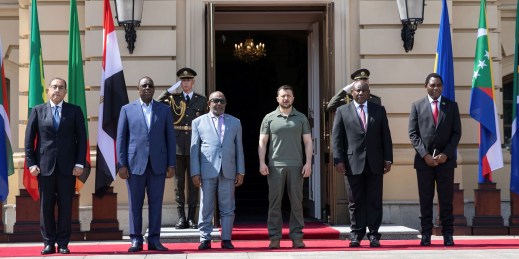
The Biden administration’s proposal for U.N. Security Council reform looks likely to protect the veto power of the council’s five permanent members, signaling a lack of true commitment to meaningful reform and a balanced international system. But Global South countries are not waiting for Washington to strengthen multilateralism.
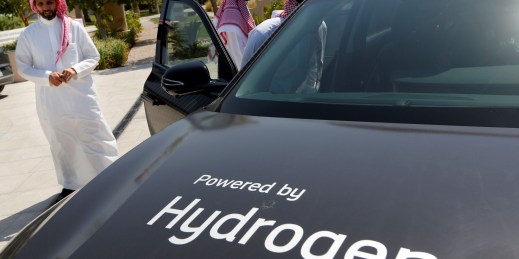
In recent years, the GCC member states have made efforts to shift toward renewable energies, while turning to China as a key partner in doing so. But while that partnership has proved fruitful in terms of investments in renewables, it has also paradoxically alleviated the pressure the GCC countries feel to abandon hydrocarbons.
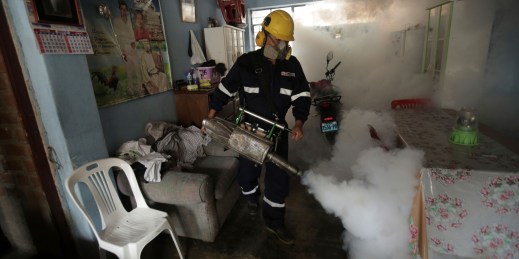
Like all public health crises, Peru’s worst-ever dengue fever outbreak has political roots and implications. The ongoing crisis following former President Pedro Castillo’s ouster last year is affecting the government’s and region’s responses to the outbreak. And the outcome could determine the fate of current President Dina Boluarte.

